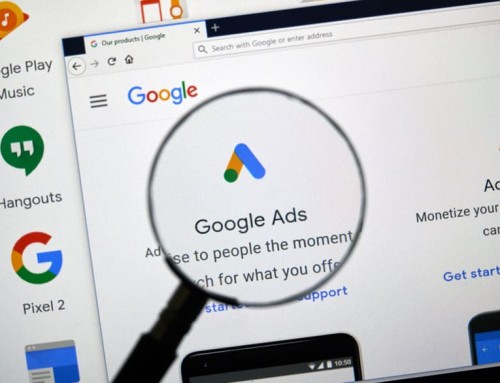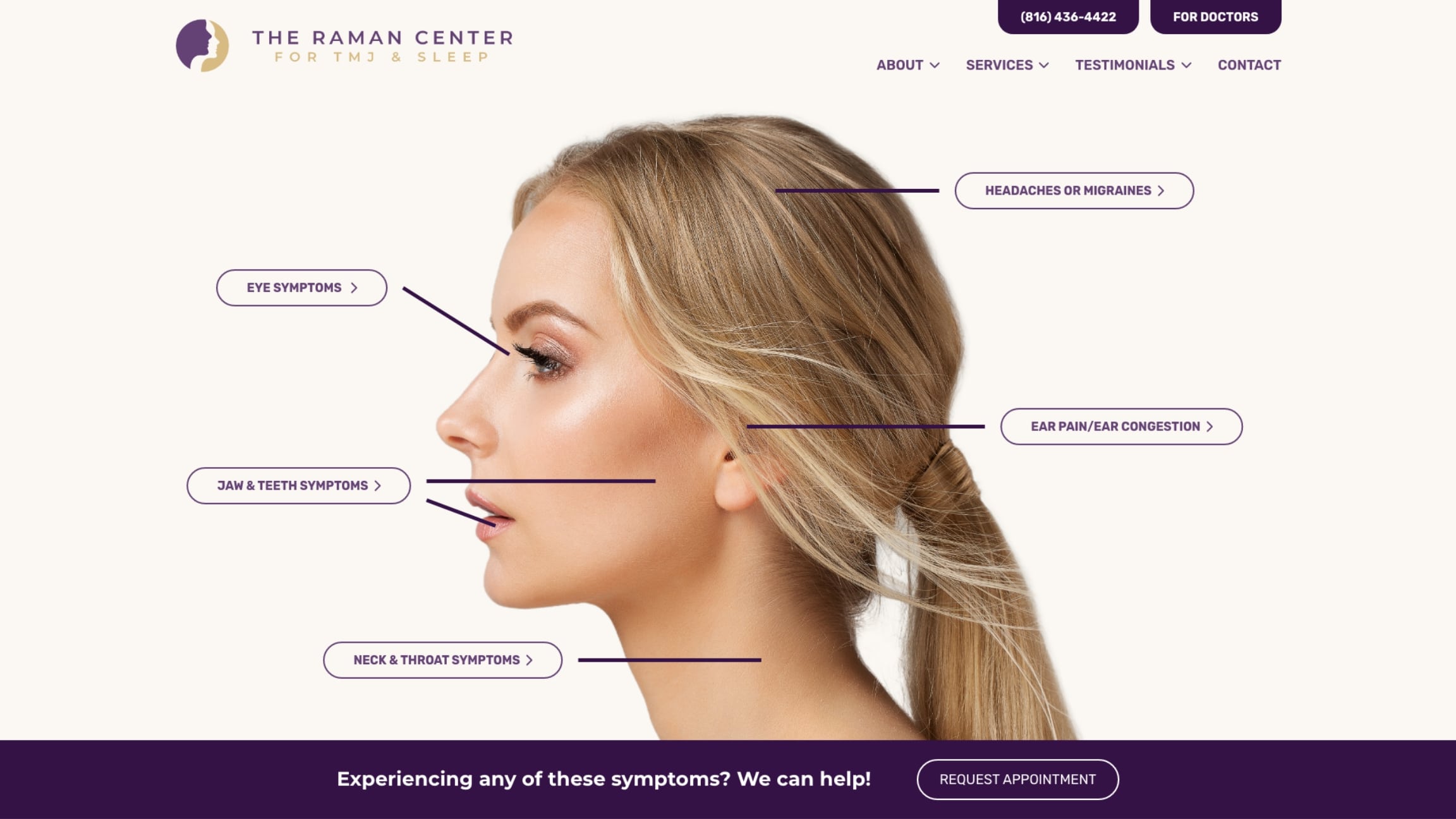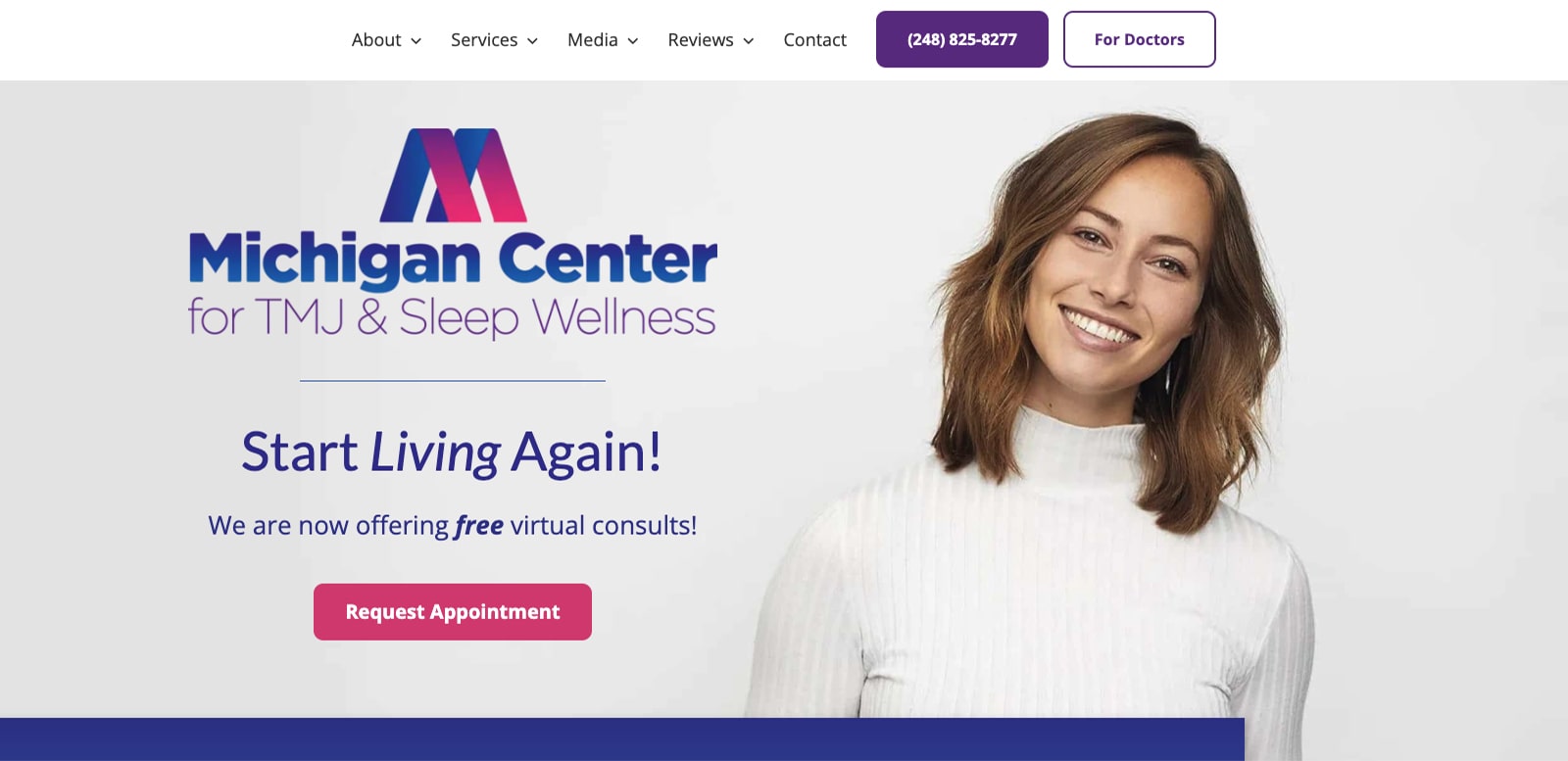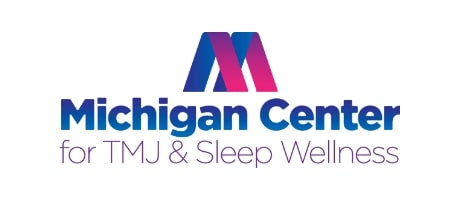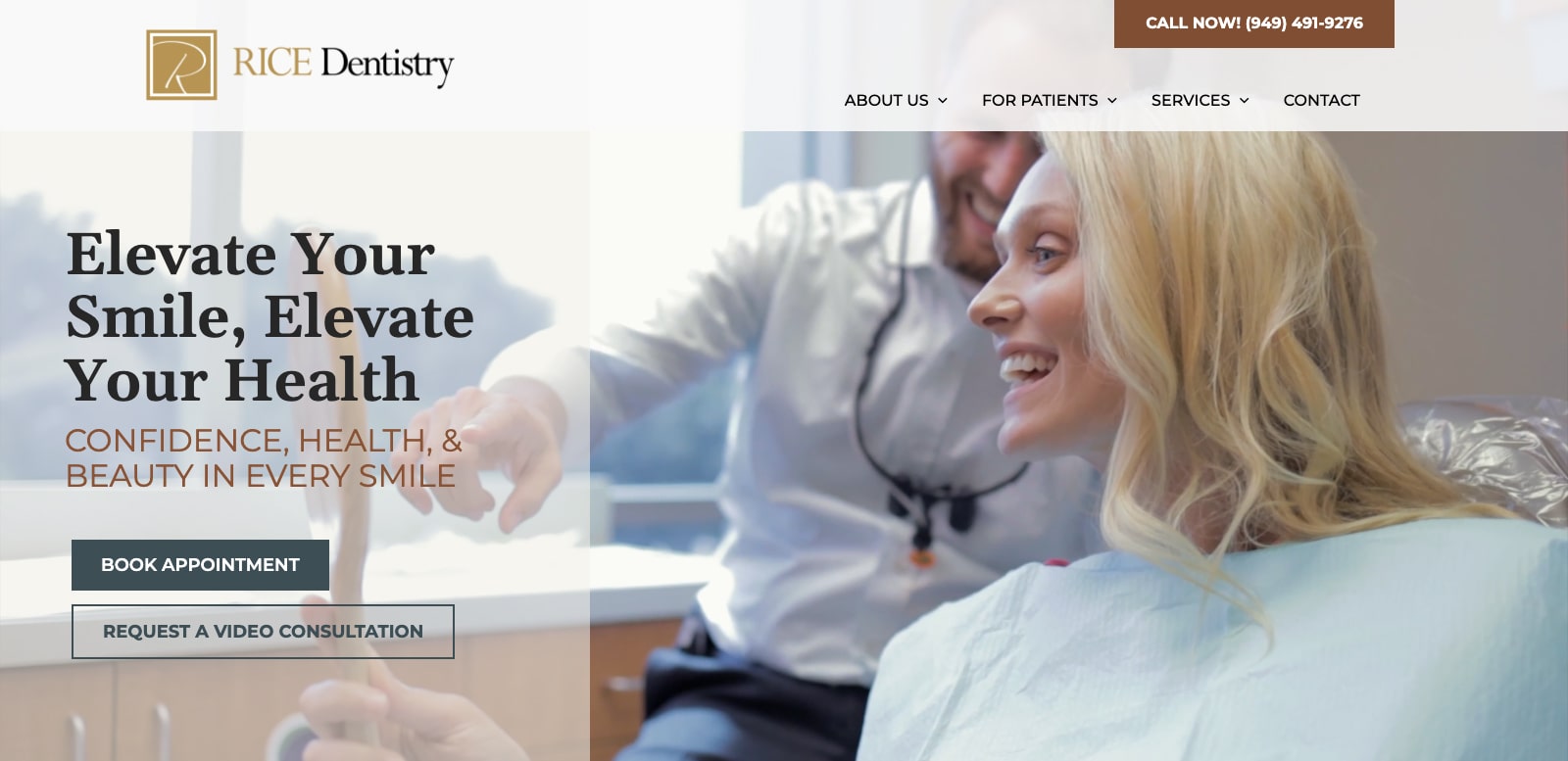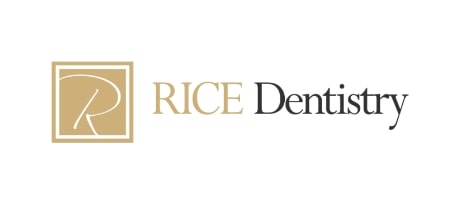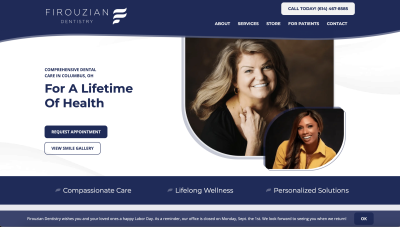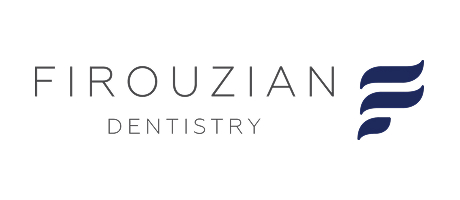Online advertisements promising “dental implant grants” or extremely low-cost dental implants are becoming more common—and more deceptive. As a dental marketing agency, Pro Impressions Marketing is committed to helping dentists protect their practices from reputational harm and helping patients make informed choices. If you’re a local dental provider, especially one offering dental implants, understanding and addressing this issue is vital to maintaining trust and avoiding confusion with potential patients.
Understanding the Surge in “Grant” Advertising
The rise in misleading dental implant “grant” advertisements is a nationwide issue. These promotions are not new, but they continue to re-emerge in waves, targeting individuals searching for affordable solutions to tooth loss. Many of these ads appear professional and even resemble legitimate nonprofit or government programs, making them particularly convincing.

As a marketing partner to implant-focused practices, Pro Impressions Marketing works tirelessly to combat misleading advertising trends. Our team regularly audits keywords and ad placements to protect our clients from being associated with unethical promotions.
What “Dental Implant Grants” Really Are
Despite their convincing appearance, these “grants” are not real. They are often a front for aggressive lead generation schemes designed to collect personal information or lure patients into high-pressure sales situations.
Anatomy of a Scam
Most of these advertisements make exaggerated claims, such as offering dental implants for $250, $35/month, or 50% off through a “grant”. They use urgent language, appealing graphics, and testimonials to lure potential patients.
Common scam tactics include:
- Pop-ups that claim eligibility for implant grants after a short quiz
- Fake nonprofit names and logos
- Forms requesting sensitive personal or financial information
- No transparency about the actual providers or costs
These campaigns are not affiliated with legitimate dental practices or federal programs.
No Legit Grants for Cosmetic Implants
There are no federally funded grants for elective or cosmetic dental procedures like implants. The U.S. Department of Health and Human Services Office of Inspector General (HHS-OIG) has issued public alerts about scams involving fake healthcare grants.
If you see a “grant” offer for implants, it’s best to assume it is not legitimate unless verified directly with a known, credentialed provider.
Spotting Misleading Ad Tactics
Patients often find these offers on social media, search engines, or in unsolicited emails. Unfortunately, the fake offers are designed to look just like real promotions.
Watch out for these red flags:
- Pricing that seems too good to be true (e.g., implants for under $500)
- No physical address or real dental provider listed
- Urgent messaging like “limited availability” or “last chance”
- Domains that don’t match the supposed clinic name or use .org deceptively

As part of our PPC and SEO services, we help dental implant practices block and avoid scam-related keywords such as “implant grants,” “free dental implants,” and similar terms that attract the wrong audience.
Pro Impressions Marketing’s Best Practices for Ethical PPC & SEO
We take a strategic and ethical approach to help local dental implant practices build sustainable patient trust while optimizing ad performance.
Blocking Scam-Related Keywords
We actively monitor search trends and exclude keywords like “grants,” “free implants,” and “government dental programs” unless a client is directly addressing the misinformation. This helps avoid attracting misinformed clicks and protects our clients from appearing to support scammy content.
Clear, Honest Messaging in Ad Copy
Our ad copy emphasizes value, patient experience, and real financing options. We never use bait-and-switch tactics. Instead, we encourage phrases like “affordable financing available” or “explore your options with a free consultation.”
This approach reinforces transparency while still competing effectively in the digital advertising space.
Safe, Real Financing Alternatives
Just because dental implant grants are scams doesn’t mean patients are out of options. There are safe, practical ways to make dental implant treatment more affordable.
Honest In-Office and Third-Party Financing
Most reputable dental implant practices offer:
- Structured payment plans
- Third-party financing options like CareCredit or LendingClub
- Discounts for upfront payments or multiple procedures


These solutions are transparent and managed by licensed providers.
Community-Based and Nonprofit Support
While cosmetic dental procedures are typically not covered by grants, patients in need may qualify for care through:
- Dental schools offering reduced-cost care
- Federally Qualified Health Centers (FQHCs)
- Veteran-focused dental health initiatives
- Clinical trials with universities or dental research centers
We recommend that patients always verify these programs directly and avoid third-party brokers promising guaranteed discounts or approvals.
What Patients Should Do if They Encounter a “Grant” Scam
If someone comes across a questionable “grant” for dental implants, they should proceed cautiously. These offers can lead to identity theft, financial loss, or emotional frustration.
Steps patients should take include:
- Do not provide personal or financial information.
- Exit the website or close the ad immediately.
- Report the scam to the Federal Trade Commission (FTC) or HHS-OIG.
- Contact a trusted dental provider to verify any claims.
Education is the best defense. Dental practices should be prepared to respond kindly and clearly if patients call with questions about such promotions.
How Pro Impressions Protects Your Practice & Patients
At Pro Impressions Marketing, we don’t just build websites and manage PPC campaigns—we act as your brand’s watchdog in the digital landscape. Our mission is to ensure your practice remains protected from association with misleading or unethical promotions while maximizing your visibility and patient trust.
We provide expert support by:
- Monitoring ad trends and scam reports in real time
- Proactively updating keyword lists and implementing negative targeting
- Training your front desk team on how to compassionately and professionally address confused or frustrated patients
- Crafting content that clarifies misinformation while boosting your search rankings and preserving your reputation
Contact Us Today
If you’re a dental implant provider tired of misleading “grant” scams clouding your marketing space, let us help you cut through the noise. Our team will evaluate your current strategy, eliminate potential risks, and implement a data-driven, ethical marketing plan that positions your practice as a trustworthy leader in your community.
Take control of your online presence today. Call Pro Impressions Marketing at (970) 672-1212 or click the button below to schedule your strategy session. Together, we can build a marketing foundation you’ll be proud of—one your patients can believe in.


